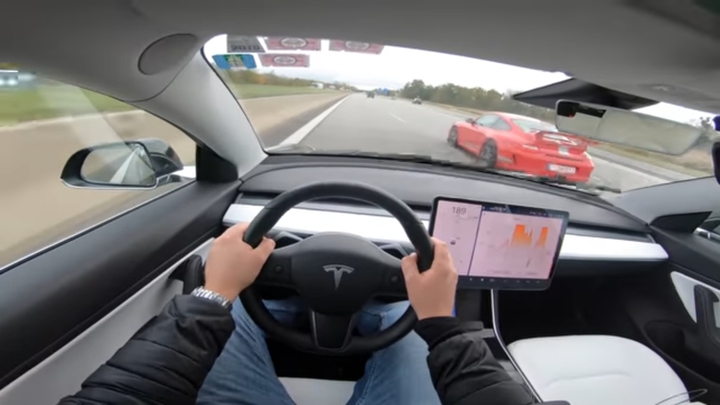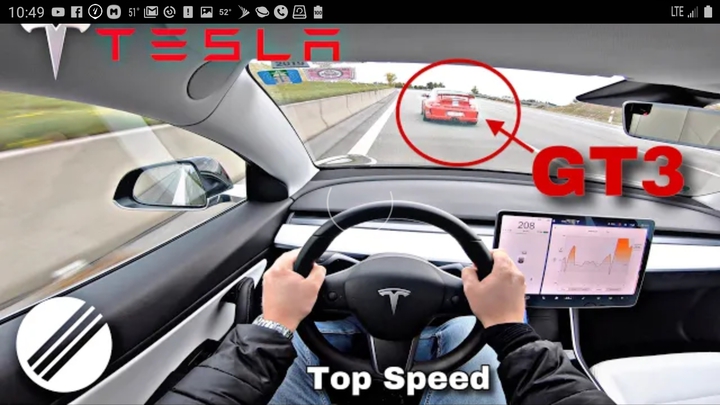used red MN
Well-known Member
- Location
- Coon Rapids, MN
As a point of interest I received an email the other day that had the topic "Things that will become obsolete in 10 -20 years. One of the items had to do with how much better electric cars will be. It laid out this scenario:
- A petrol/diesel engine has 20,000 individual parts. An electrical motor has 20. Electric cars are sold with lifetime guarantees and are repaired only by dealers. It takes only [u:cdb56f82ca]10 minutes to remove and replace an electric motor.[/u:cdb56f82ca]
- Faulty electric motors are not repaired in the dealership but are sent to a regional repair shop that repairs them with robots
- Your electric motor malfunction light goes on, so you drive up to what looks like a car wash, and your car is towed through while you have a cup of coffee and out comes your car with a new electric motor!
Anybody familiar with a Tesla or any other electric car? I have a strong suspicion that it would take longer then 10 minutes to change out the main drive motor.
- A petrol/diesel engine has 20,000 individual parts. An electrical motor has 20. Electric cars are sold with lifetime guarantees and are repaired only by dealers. It takes only [u:cdb56f82ca]10 minutes to remove and replace an electric motor.[/u:cdb56f82ca]
- Faulty electric motors are not repaired in the dealership but are sent to a regional repair shop that repairs them with robots
- Your electric motor malfunction light goes on, so you drive up to what looks like a car wash, and your car is towed through while you have a cup of coffee and out comes your car with a new electric motor!
Anybody familiar with a Tesla or any other electric car? I have a strong suspicion that it would take longer then 10 minutes to change out the main drive motor.




